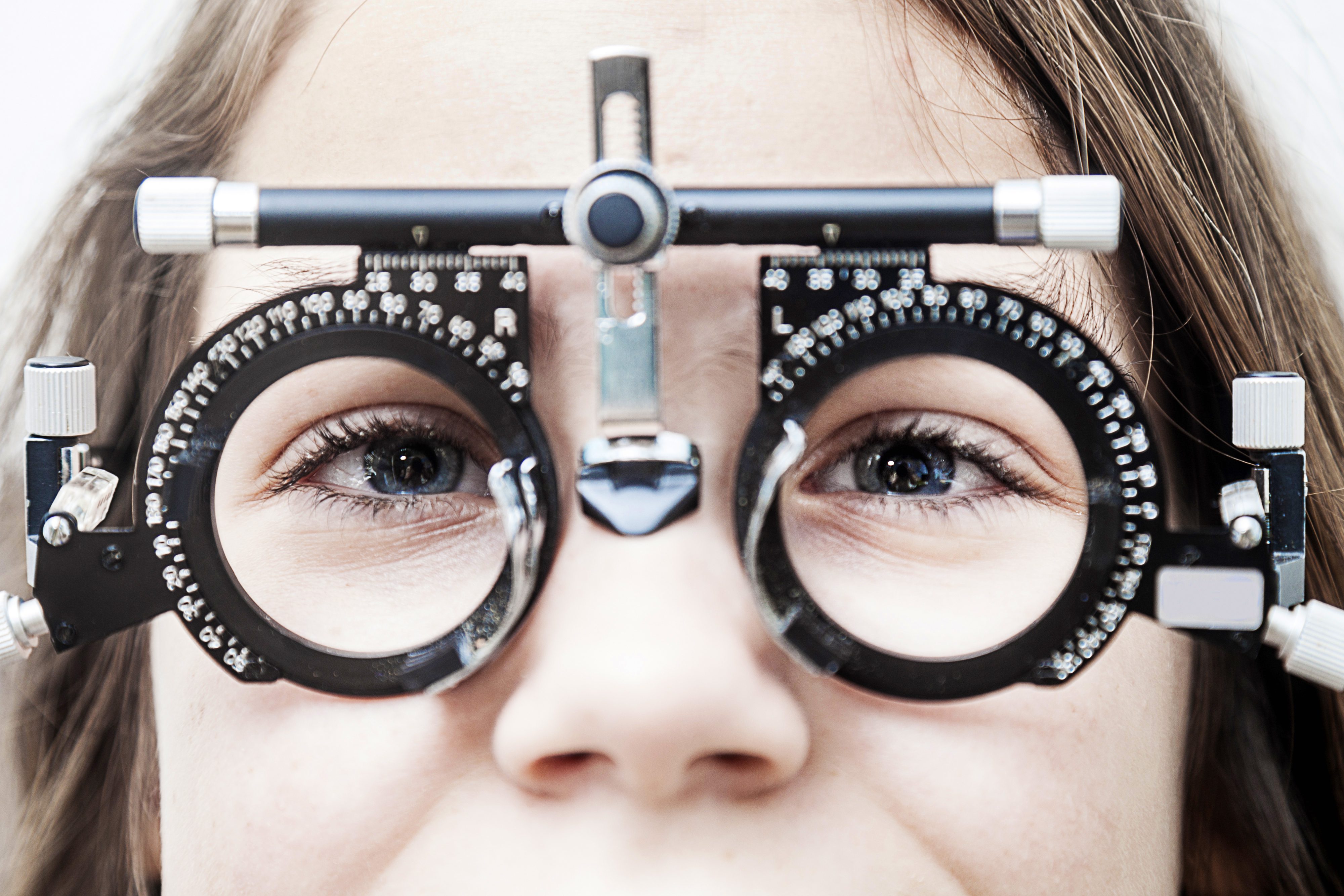
Eye health
The right aliments for children’s eye
Did you know that nutrition affects the health of children’s eyes? Indeed, some foods have nutritional properties that are beneficial for the proper functioning of their fragile eyes...
Advices & tips

Contact Lens Lifespan
Advices & tips
Expired lenses can have numerous dangerous consequences. Complications can arise from wearing your contact lenses after the expiration date. Infections and ulcers are the most common problems. In extreme cases, it can cause blindness. In addition, sleeping with your contact lenses in is not recommended unless this has been approved by your optometrist.
“Extended wear” lenses, allowing patients to wear their contact lenses on an ongoing basis, were only introduced 40 years ago. Before that, patients were obliged to remove their contact lenses, called daily wear lenses, and clean them every day. With extended wear lenses, patients are able wear them for a week without removing them. Approved by Canada’s Food and Drugs Act and Regulations, these lenses can be worn for a maximum of 30 consecutive days.
For all contact lenses, durability depends on the care you give them. In fact, when lenses are well maintained, they have a longer lifespan with no contamination or infection. In order to avoid any unwanted complications, some precautions are essential for maintaining your contact lenses.
These are the correct steps to keep lenses healthy. To begin, it is essential that you wash your hands with lotion-free soap before installing your lenses. Do not rinse your lenses with tap water. Use the approved disinfecting saline solution. Each night, clean you container with a fresh saline solution (don’t reuse). It is important to replace your lens case often to avoid any infection. Store the lenses at room temperature. Never leave the lenses in the car in case they freeze or overheat.
Seek the help of an optician to choose the correct contact lenses. In order to wear contact lenses, the patient must undergo an eye exam. This examination should take place annually in order to assess the condition of your eyes and to renew your prescription for contact lenses, vision glasses and sunglasses. Seek the help of an optometrist if your eyes become irritated, painful or scratchy. In these cases, you should remove the contact lenses until you receive instructions from your optometrist. Montreal has many opticians and optometrists offering these services.

Eye health
Did you know that nutrition affects the health of children’s eyes? Indeed, some foods have nutritional properties that are beneficial for the proper functioning of their fragile eyes...

Eyewear
We generally discuss sunglasses during the summer time, under the heat on the beach. Nevertheless, they are equally useful, even essential, during the winter...

FAQ
Many eye health professionals are available for recurrent eye exams, as optometrists and opticians. It is not always easy to determine the role of each one. It sometimes creates confusion when it is time to contact the right professional...